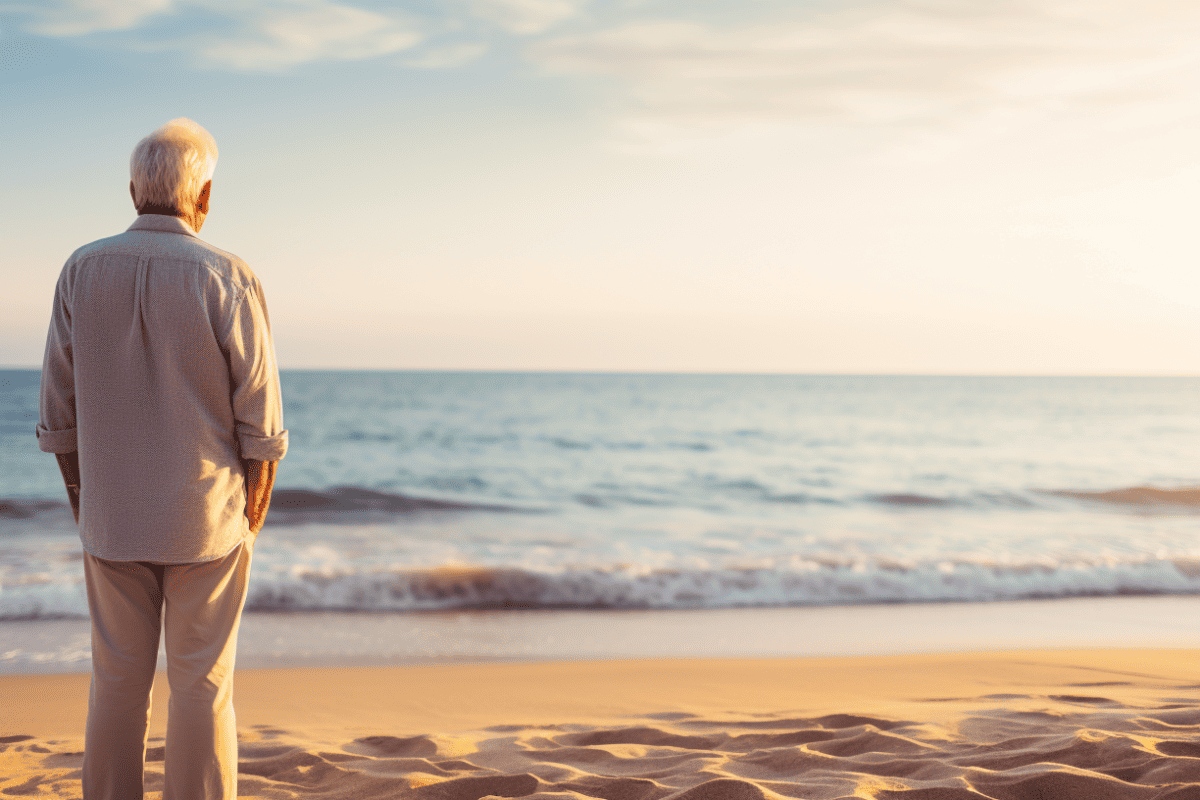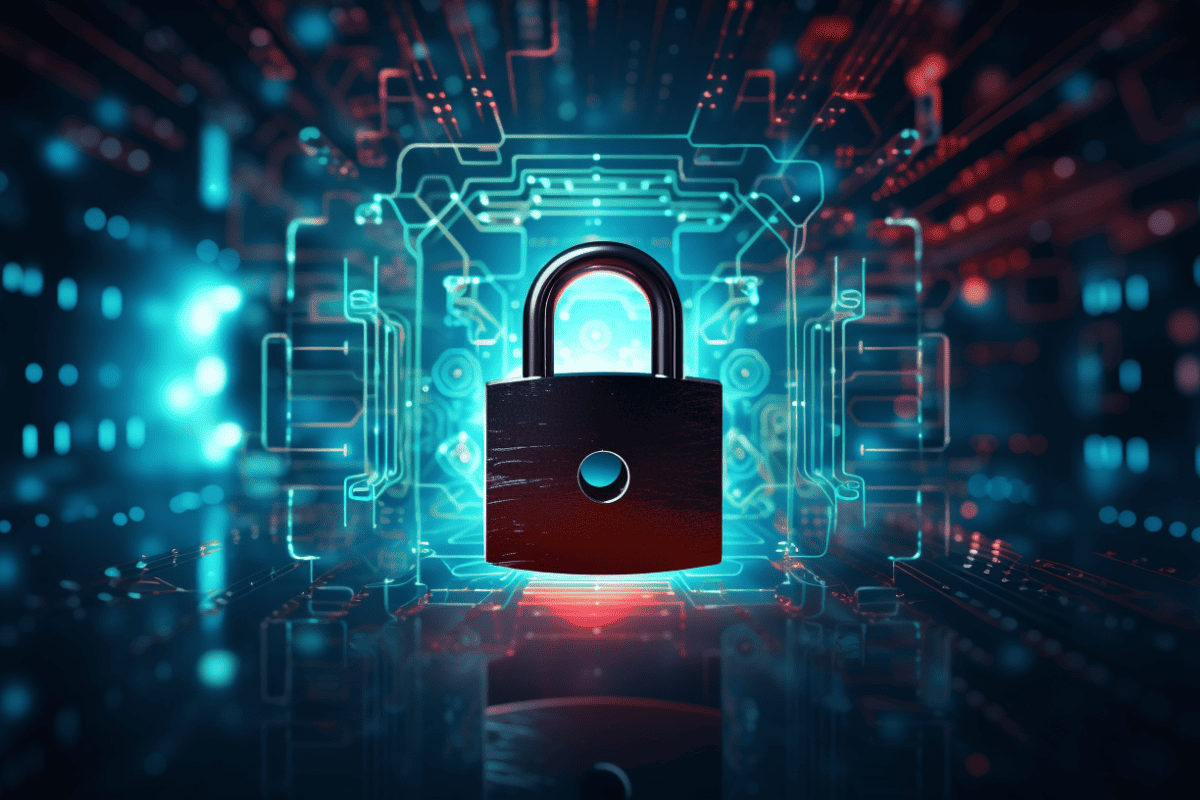Don’t you hate when you’re tucked into bed, ready to fall asleep but your mind is still restless? You’re stuck thinking about the day you just had, the work you need to do or your personal anxieties. By the time you finally fall asleep, it’s early in the morning, and you wake up feeling incredibly exhausted, wishing you could sleep for another 8 hours. Or maybe you’re someone who falls asleep easily, but then wakes up at 2 a.m. and just lays there, listening to your brain. Either way, you’re not set up well for the next day and after a few nights you’re left feeling fatigued, fragile and every part of your life just seems more difficult.
Poor sleep over time can have severe negative effects on your health. It can drain your mental abilities and put your physical and emotional health at risk. Science has linked poor slumber to several health problems, from memory issues and weakened immunity, to a greater risk of heart
With World Sleep Day coming up soon on March 19th, we conducted an interview with Niyama Wellness founder (and recovered insomniac) Jillian Mariani on how to get a full night’s rest in 2021.
1. What is the importance of sleep to body healing?
Sleep is absolutely crucial for humans, both for our physical and
2. How does good sleep affect our day-to-day lives?
When we sleep well, (generally 7-9 hours is recommended for most adults, more for kids and teens), we wake feeling refreshed, not exhausted, and our ability to function is optimized. Generally our mood is relatively even (hormones and stress aside!) and our reactions even when something goes wrong are proportionate. We have much even energy levels throughout the day, and life doesn’t feel like “too much”, the way it does when we are sleep deprived. When we are well-rested, we are better able to fight off colds and virus’ so our overall health is better. We are happier, healthier, and better equipped to live our best life. I always say sleep has to be the foundation of self-care.
3. Why would someone wake up incredibly exhausted although technically he/she had enough sleep?
Most people will wake up tired or groggy now and then, or just crave more sleep. And if your alarm wakes you abruptly from a deep sleep, you may take longer to wake up than if you had been coming out of the deeper cycle in and getting closer to your natural wake cycle. But waking up exhausted on a regular basis, even when you are sleeping 7-9 hours, can mean you aren’t getting good quality sleep. There are actually 4 stages of sleep: Stage 1 NREM, Stage 2 NREM, Stage 3 NREM and REM. NREM stands for non-rapid eye movement and REM is rapid eye movement sleep. In Stage 1 NREM, you are just drifting off, and in stage 2 everything slows down and your muscles begin to relax. Stage 3 is where your heart, breathing and brain wave activity is slowest, and the stage that really helps you feel refreshed the next day. REM is that stage when you dream. We will pass through each of these stages more than once in a night, but if we aren’t spending enough time in the deeper stages, we won’t feel like we’ve rested. And when we’re stressed and our sleep doesn’t come as easily, or last as long, it makes feeling rested more challenging.
4. Many people like to consume caffeine to stay energized. Since this might affect their sleep wellness, what can someone consume instead to feel the same level of energy without their sleep being affected?
I know experts say “no caffeine after 2pm” but my advice is always to cut it off at noon if you are having sleep challenges. Many of us are slow caffeine metabolizers to begin with, without even realizing, so our morning cup may be with us longer than we think. But i admit to craving a warm drink in the afternoon (or iced in the summer) and a “coffee break”. I love the superfood latte mixes by Blume, especially the Cacao Turmeric blend which is like a healthy hot cocoa and contains ashwagandha, which is soothing. Or an herbal tea, or even a decaf coffee or cappuccino can kind of trick yourself into feeing like you had a coffee when you didn’t. My brand Niyama also makes a powder drink mix called Green Energy, which was designed as a caffeine-free pre-workout, and tastes like fresh berry punch, but not too sweet. It has zero caffeine or stimulants and is actually good for you – with maca, acai, spinach, wheat grass and beetroot extract. You feel energized without any jitters, and the taste is addictive. While it was designed for before exercise it can also be used as a morning or afternoon pick me up, and many of our customers have used it to quit or reduce coffee.
5. How can someone create a cozy sleep environment?
The best sleep environment, is cool, completely dark, and free of tech. Yep, no phones in our bedrooms. Buy yourself an old school alarm clock, or one of those posh ones that gradually increase light in your room as it gets close to your wake up time. If your room isn’t dark, or has a skylight, wear a sleep mask – they are such a simple, effective solution. A comfortable mattress is a worthwhile investment and makes a huge difference too, and i do splurge on good sheets. Keep your bed for sleeping, intimacy, and tech-free reading only – no lap-tops, tv, Netflix, social media or emails. it may sound draconian, but it really works, and helps to reinforce the messages to your brain that this is a place to wind-down and sleep. Combine that with a bedtime routine that includes shutting off screens 60 minutes before bed (sorry! but it does work, and journaling, meditating, reading or quiet conversation or massage.
6. How does diffusing essential oils help in a better night’s sleep?
I love using essential oils. They are so effective at helping to create a relaxing environment and have been used for centuries. You can diffuse them into your room, massage your neck, shoulders and feet with a roller (essential oils in a carrier oil), or place a drop or two on a cotton pad by your pillow, or make a pillow spray. Or take a warm bath with an essential oil bath oil. Not only will certain oils relax your senses therapeutically, but they also reinforce the messages to you brain that it’s time to relax, and rest. My favourites for bedtime are: lavender, chamomile, ylang ylang and frankincense.
7. When would it be recommended for someone to use a high-quality sleep supplement?
If you are already practicing good “sleep hygiene” (bedtime routine + good sleep environment + no caffeine after noon + daily exercise or movement) and you are still struggling, you can try a natural sleep aid. Always follow all package directions and warnings, and chat with your healthcare provider if you have questions. Niyama’s Sleep Like Buddha combines 3 proven, natural ingredients that help you fall asleep easier, stay asleep longer with less waking, and get better quality sleep so you wake feeling rested. Notably, it does NOT contain melatonin, which can be great for shift workers or switching time zones, but may not help with stress-related sleep issues, and may cause that next day groggy “hangover” feeling that is sometimes associated with sleep aids. Sleep Like Buddha is not a prescription sleep drug so it may take a few nights of consecutive use to work, depending on your sleep patterns, and can be taken 30 minute prior to bedtime. A second capsule can also be taken if you wake in the night, as long as you have 3 or more hours left to sleep. And it’s not habit forming, with no side effects to worry about.
8. Do you think the COVID-19 pandemic had an effect on people’s quality of sleep? Can you elaborate on that?
COVID-19 is definitely wreaking havoc on people’s sleep. Those that had challenges sleeping pre-pandemic may have had their issues intensified, and many previously good sleepers are now struggling. It’s being called “COVID-somnia” and it encapsulates insomnia, hypersomnia (sleeping too much), night terrors, and overuse of sleep meds. And it is impacting not only those recovering from COVID, but those living under the blanket of COVID stress: worries about the virus and about loved ones, financial concerns, social isolation, all of it.
And while we don’t yet have data on the extent of the issue, i did read one article stating that by April of 2020, only a little into the pandemic, sleep medication prescriptions in the US had already increased by 20%.
9. Are there examples you can share with us on how technology can be involved in supporting sleep quality and wellness?
Although most of my advice around technology and sleep is to keep them away from each other, i totally make an exception for meditation apps. Meditation can be intimidating; it’s very hard to quiet the mind, especially now, and feeling like you are failing at meditating is the worst, and won’t help you sleep. An app like Headspace or Calm, or led classes at Toronto’s Hoame (available online), can really help, by providing a guided meditation experience that is easy to follow and get into. I’m not a huge fan of sleep trackers; generally if you aren’t sleeping well you already know that, and having a tracker tell you you only got 3 hours of good sleep just makes you feel worse that day. But a meditation app can be very helpful, not just at bedtime. Taking 5 minutes a couple times a day with your meditation app to breathe and quiet your mind, can help decrease cortisol and manage stress during the day, which in turn makes it easier to sleep at night. We also offer a supplement called Daytime Zen, which you take in the morning, as soon as you wake, and will help manage cortisol (the major stress hormone) levels so that you feel less overwhelmed and anxious, with better focus and more even energy levels. it works very well in synergy with Sleep Like Buddha, and many of us need a day to night approach to managing stress and sleep, especially now. As a “recovered insomniac”,I love using a combination of good sleep hygiene, healthy habits like eating well and daily movement, and natural supplements to create the foundation of my own self-care. it is a bit of effort, but well worth the results.
Digital Health Buzz!
Digital Health Buzz! aims to be the destination of choice when it comes to what’s happening in the digital health world. We are not about news and views, but informative articles and thoughts to apply in your business.


